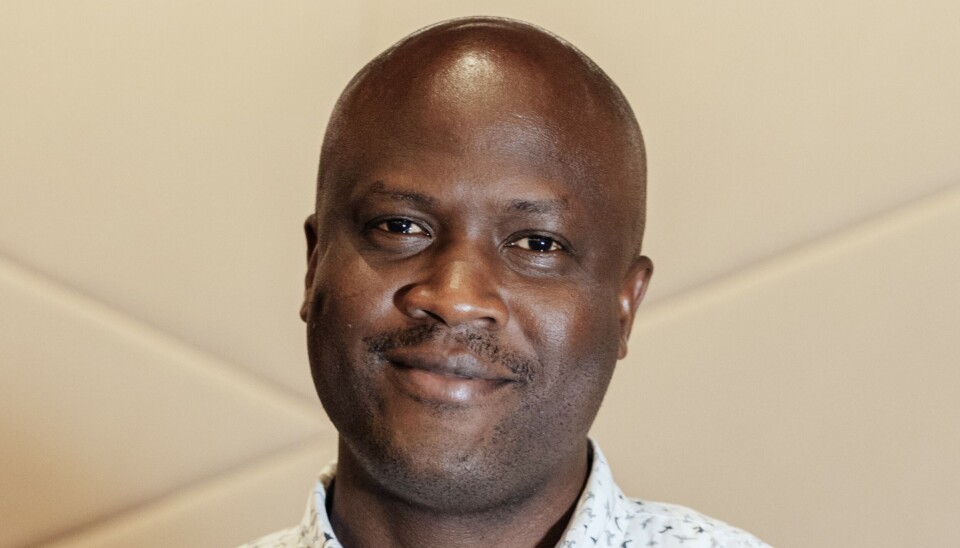Copyright : Re-publication of this article is authorised only in the following circumstances; the writer and Africa Legal are both recognised as the author and the website address www.africa-legal.com and original article link are back linked. Re-publication without both must be preauthorised by contacting editor@africa-legal.com
Time to smash the barriers to justice

In a stark revelation of the ongoing struggles faced by survivors of sexual violence, a new report by the advocacy group Equality Now has identified a multitude of barriers that impede justice for rape victims across Africa.
The findings illustrate an alarming trend where inadequate criminalisation of rape, weak legal enforcement, victim blaming, and pervasive rape myths collectively prevent many cases from even reaching the courtroom. And, when they do, the chances of conviction remain exceedingly low, allowing the vast majority of perpetrators to evade justice.
Titled “Barriers to Justice: Rape in Africa, Law, Practice and Access to Justice”, the report is an extensive examination of rape laws and their enforcement in 47 African nations including Cameroon, the Democratic Republic of Congo, Madagascar, Rwanda, Senegal, Sierra Leone, South Africa, South Sudan and Zambia.
Despite some jurisdictions instating progressive reforms in their rape laws, survivors still have to deal with significant legal, societal and procedural barriers to justice. This exacerbates the survivors’ distress and contributes to the alarming trend of underreporting sexual violence.
The report highlights several key issues hindering the pursuit of justice: ambiguous criteria for determining whether rape has occurred; confusing and inconsistent language surrounding consent standards; failure to recognise certain violations as rape; lenient penalties that fail to reflect the severity of the crime; and impediments to victims seeking compensation or reparations.
Equality Now’s findings further outline the disheartening reality that the age of consent varies widely across the continent, in some cases being as low as 11. The African Commission on Human and Peoples’ Rights recommends 16 as the minimum age of consent. This disparity reflects a troubling attitude of limited protection for minors, further contributing to a culture that tolerates sexual violence.
At the core of these issues lies a deeply entrenched culture of gender discrimination and societal norms that perpetuate a climate of fear and silence among survivors. Victim blaming often prevails, with the focus shifting from holding perpetrators accountable to questioning the choices and behaviours of victims.
Jean-Paul Murunga, a human rights lawyer and the report’s lead author, said rape laws that fail to address the lived realities of survivors not only deny them justice, but also perpetuate harmful norms that underpin sexual violence.
“Survivors of sexual violence deserve a justice system that prioritises fairness, accessibility and accountability while unequivocally condemning sexual violence in all forms. To achieve this, African governments must take decisive action to eliminate legal gaps, discriminatory practices and societal attitudes that shield perpetrators from justice,” Murunga said.
“Without bold and immediate reforms, the cycle of impunity will continue, undermining trust in legal systems and leaving countless women and girls exposed to harm. Governments must also ensure survivors have access to holistic support, including medical care, psychosocial services and pathways to justice, to enable healing and empowerment. It is time to prioritise the safety, dignity and rights of women and girls across the continent," he added.
